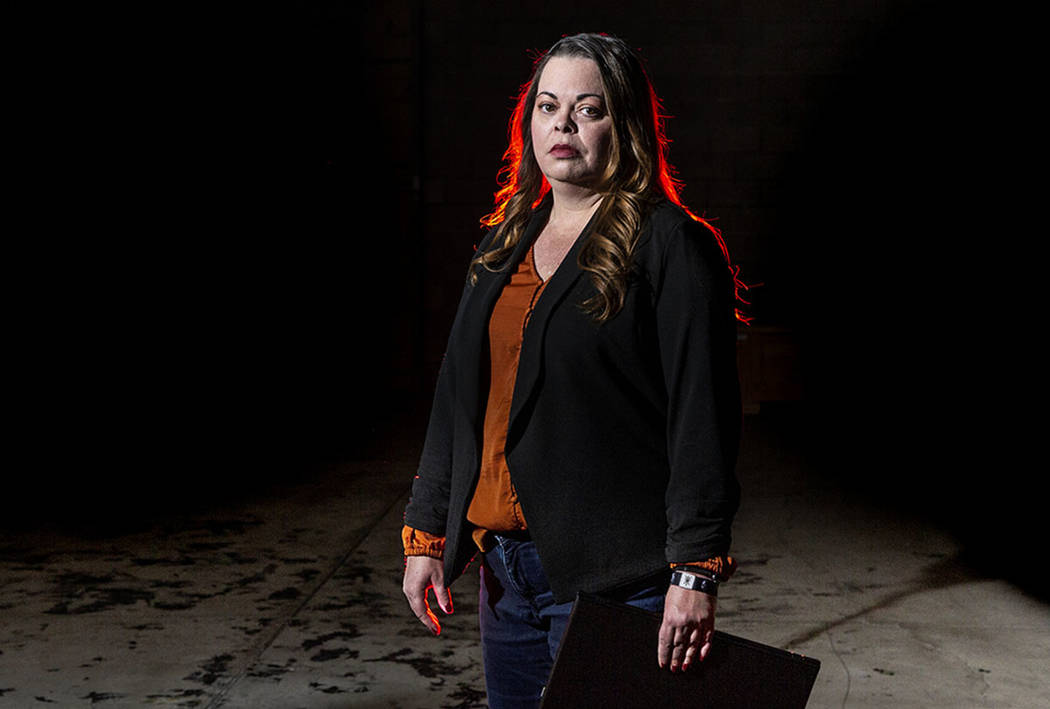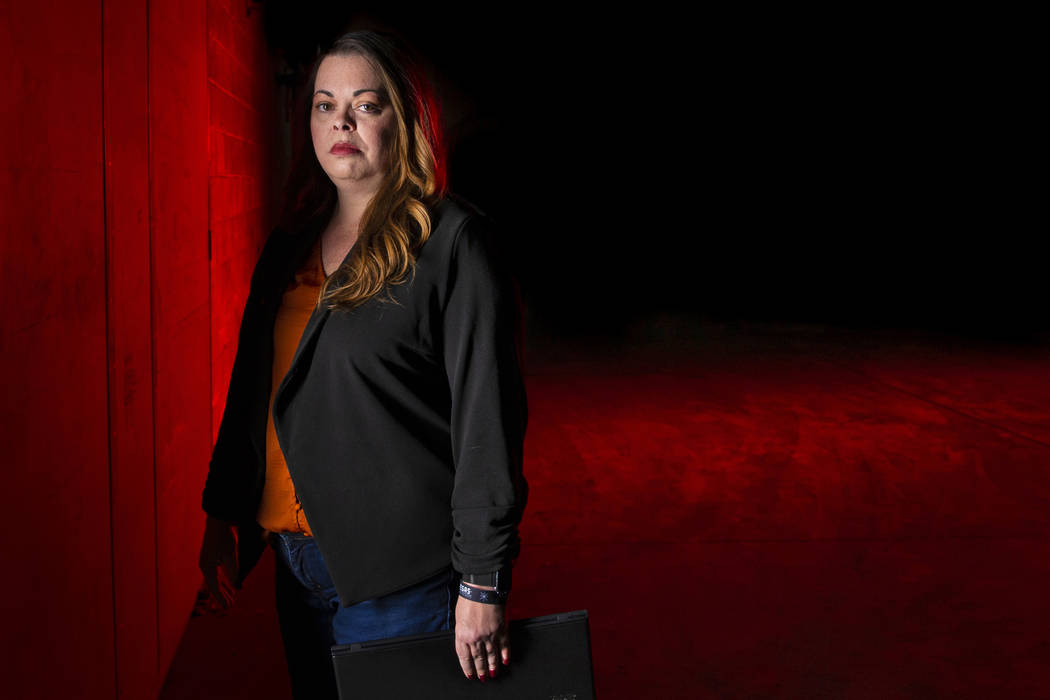How the Netflix series “Don’t F**k with Cats” came to be
The subject matter mattered.
Animal abuse.
No one wants to see that. So why would anyone want to see a documentary series about it?
This was what was running through Deanna Thompson’s mind when she was contacted about making “Don’t F**k with Cats.”
“The thought that somebody would want to watch this, I was like, ‘What? No,’ ” Thompson said.
The roots of “Cats” extend back to the immediate aftermath of Jun Lin’s murder, before Luka Magnotta had even been convicted yet.
Rolling Stone contacted the Animal Beta Project for a story about the case.
A film producer saw the 2012 piece and asked contacted Thompson and company to see if he could pitch a documentary on their story at the annual South by Southwest music and film conference in Austin, Texas.
“I’m like, ‘Yeah, OK. Sure. Go ahead,’ ” not thinking anything of it,” Thompson said.
Years went by. And then they heard from the producer once again.
The show was on.
Thompson found herself inside a rented trailer in Vegas, telling her story over the course of more than 40 hours in front of the camera.
Nine years had passed since she first set out to find the person behind “1 Boy 2 Kittens.”
“Bringing up all my notes again — because we took very detailed records of everything as it happened — reading through everything and watching the videos again, it was rough, man. It was really rough,” she acknowledged. “After the week of filming, I almost needed to take another week off from work, just to cry and kind of settle down from the week of craziness of filming. It was hard.”
It wasn’t just the subject matter that made it so.
“I’m really private,” Thompson said. “My circle of friends is very small. And so having to go in front of the camera and tell the story, it was therapeutic, because I never really got to say it all at once. But I also had to relive all that.”
“When the documentary came out, my friends, my co-workers, my family, they didn’t really know much about this,” she continued. “They didn’t know what I had gone through. They didn’t know all the time I had spent on it. One of my co-workers was like, ‘Who are you? I didn’t know this even happened. How come you didn’t tell me?’ And I was like, ‘Well, what was I supposed to say?’ It’s an uncomfortable topic. People don’t want to hear about cats getting killed.”
Her point: Maybe sometimes they need to.
Contact Jason Bracelin at jbracelin@reviewjournal.com or 702-383-0476. Follow @JasonBracelin on Twitter.
























